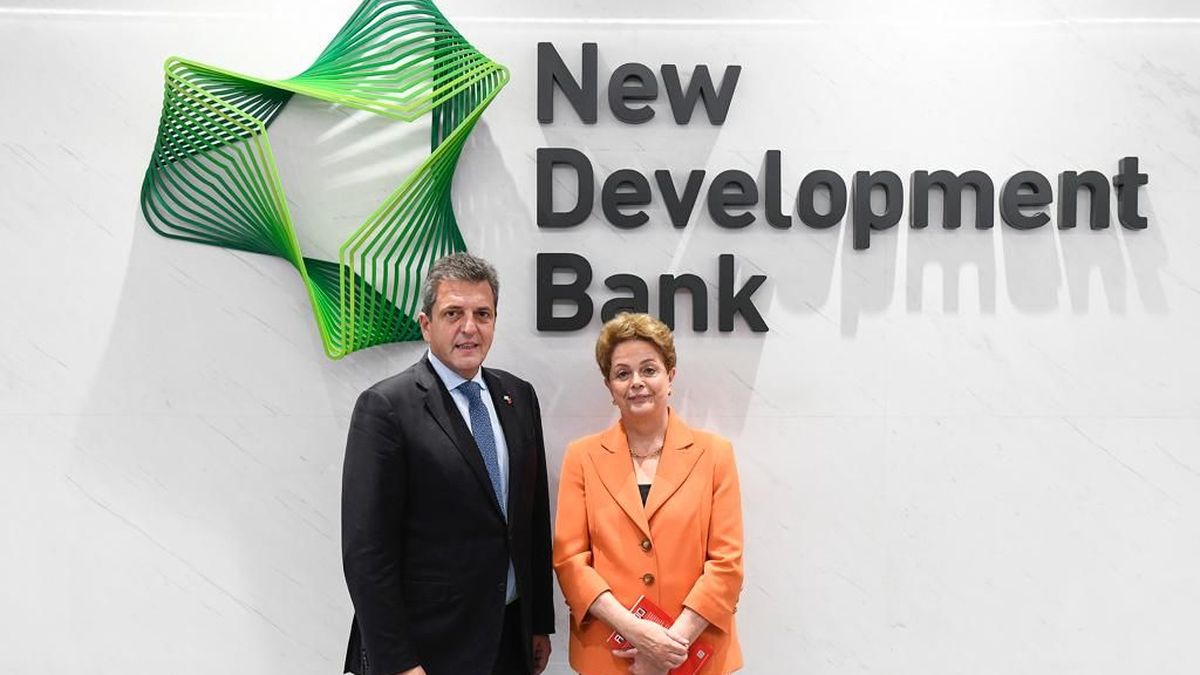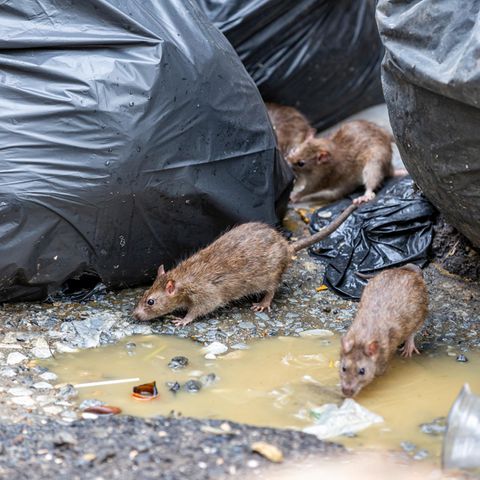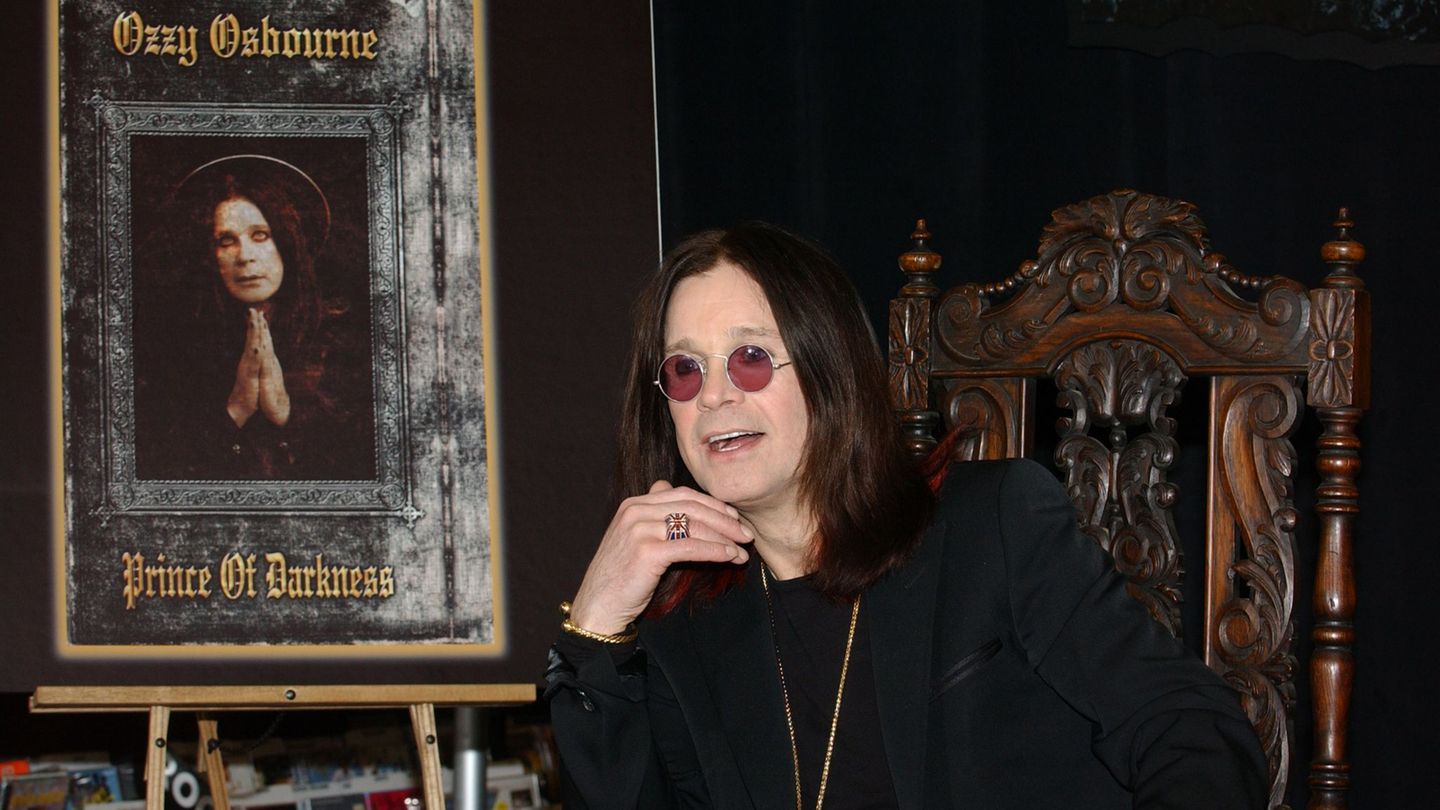(Special envoy to China).- The second and final stage of the trip to China began. This time, Beijing will be the leading city. Unlike Shanghai, which articulates the financial area, this district concentrates the political bubble. Prior to your arrival, an appointment with the head of the New Development Bank (NDB), Dilma Rousseff. And one result: the promise to evaluate the entrance to the bank of the BRICS in August.
The meeting was triangulated at 9.30 am between the Minister of Economy, Sergio Massa, the ambassador of Argentina in China, Sabino Vaca Narvaja, and the president of the Buenos Aires PJ, maximum kirchner. “Sergio, I’m sorry to interrupt you, but before you continue talking, I have good news for you,” Rousseff told the official. It was about the evaluation that the BRICS Board of Directors will soon make regarding Argentina’s entry into the bank of the strategic alliance. The result, which will be announced in the first week of August in South Africa, has a high probability of being positive, according to the former Brazilian president told Massa.
“Dilma believes that the fastest effort is the one that is being proposed,” they say from the entourage. As soon as it is formalized, they estimate that there will be a formal statement from the bank itself. It would not be the only addition: to the opening to new members, Saudi Arabia, Zimbabwe and Egypt are also getting ready. For entry, Argentina should initially contribute USD 250 million, which corresponds to 25% of the total capital contribution, that is, USD 1,000 million. “You can enter with bonds from the Sustainability Guarantee Fund, Treasury or sovereign bonds,” explained a source linked to the technicality of the issue.
Rousseff’s proposal is presented as a synthesis of an original request, to finance imports from Brazil to Argentina in reais, but which went through a convoluted path. In the first place, he did not appear because the Brazilian Central Bank had eliminated the relevant mechanism for the authorization of a swap. Its current president, Lula Da Silva, still insists on approving a line of financing through the Senate, but the authorization is politically blocked, due to the influence of the person in charge of the Central Bank, Bolsonaro Roberto Campos Neto, who also blocks the progress. of the implementation of a common regional currency.
This being the case, then the chance that the BRICS itself would modify its internal regulations was analyzed, in order to provide the necessary guarantee to unlock the financing. The impossibility of the initiative, recognized by Da Silva himself two days ago, when he said that helping the country with this method is not possible, opened a third and what seemed like the last door: that Brazil itself, a BRICS member country, It will provide capital for the development of bilateral trade to the NDB, in exchange for the agency operationally and legally channeling the financing. But in the middle of the meeting, Massa’s proposal was cut short by Rousseff’s suggestion: enter the financial institution.
Massa with Dilma Rousseff in China.jpeg
Rousseff proposed to Massa to join the BRICS.
If Argentina’s approval of the NDB actually materializes, the committee enthusiastically explained that financing what Brazil exports to the country would be just one opportunity among others, since the decision “would give access to another relationship dynamic for the bank, to another type of bigger deals.”
Communication with President Alberto Fernández to notify him of the news was interrupted and concise. Technically, the disagreement responds to the fact that the president is in Bolivia It was shown with Luis Arce inaugurating a laying of more than 100 kilometers of cables capable of transporting 132 kilowatts to Tartagal, Salta province. This is the first connection of electrical energy between the two countries. Within the issue, Da Silva’s statement generated tensions between Massa and Fernández, accused of not asking his Brazilian counterpart for caution when referring to a politically high-profile project, but with little viability.
The swap and agricultural announcements
From the entourage they assure that this Friday will also be a day of announcements. On the one hand, he will start the agenda with the Vice Minister of Customs (GACC), Wang Lingjun, to address the opening of bovine offal and vaccines to the Chinese market and the reopening of the poultry meat trade, after the bird flu. Later, Massa will sign the Belt and Road Cooperation Plan with Chairman of the National Development and Reform Commission Zheng Shanjie. Sources from the Argentine Embassy in China highlight this meeting due to the institutional importance of the organization within the country.
Regarding the closure, the president of the BCRA, Miguel Pesce, to the appointment with the governor of the People’s Bank of China, Yi Gang, to analyze the renewal and expansion of the currency swap. The currency exchange expires in August, but they assure in the entourage that showing an advance of the renewal is a gesture of political support for the Asian country. It is also expected that the funds earmarked for unrestricted availability will increase. The swap maintains a total of USD 18 billion, of which USD 5 billion had no specific allocation, according to what was mentioned at the G20 meeting in Bali. The proposal is to add USD 3 billion approximately to the free amount. From the entourage they admit that the interest rate is lower than that of the IMF credit. They decided to reserve the cost, but sources close to the officials estimated a difference with the rate of the multilateral organization close to 40%.
Source: Ambito




